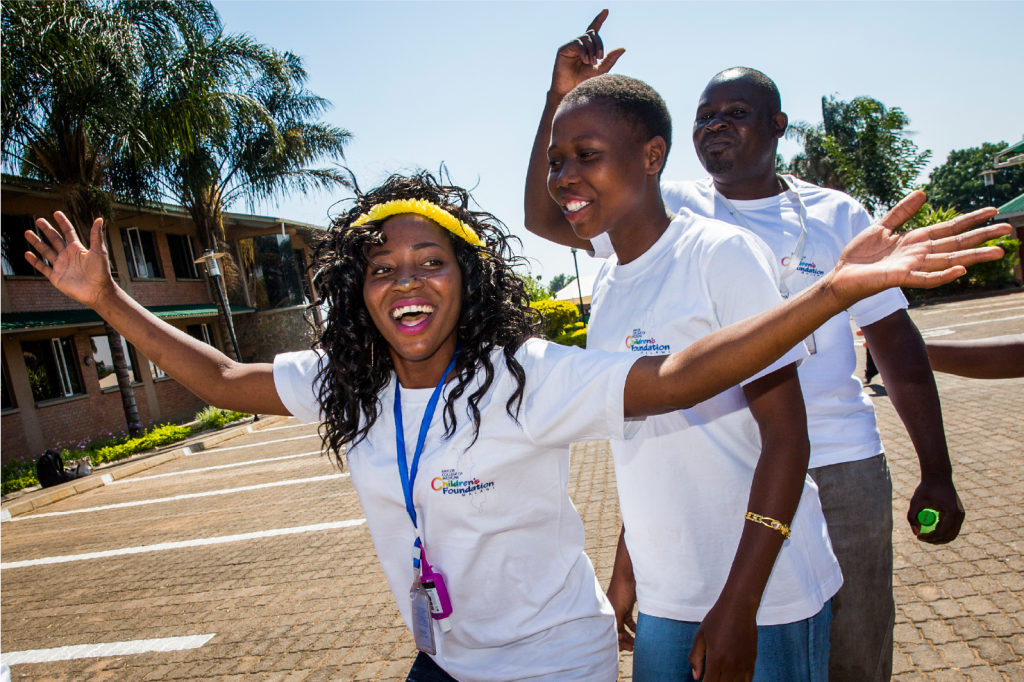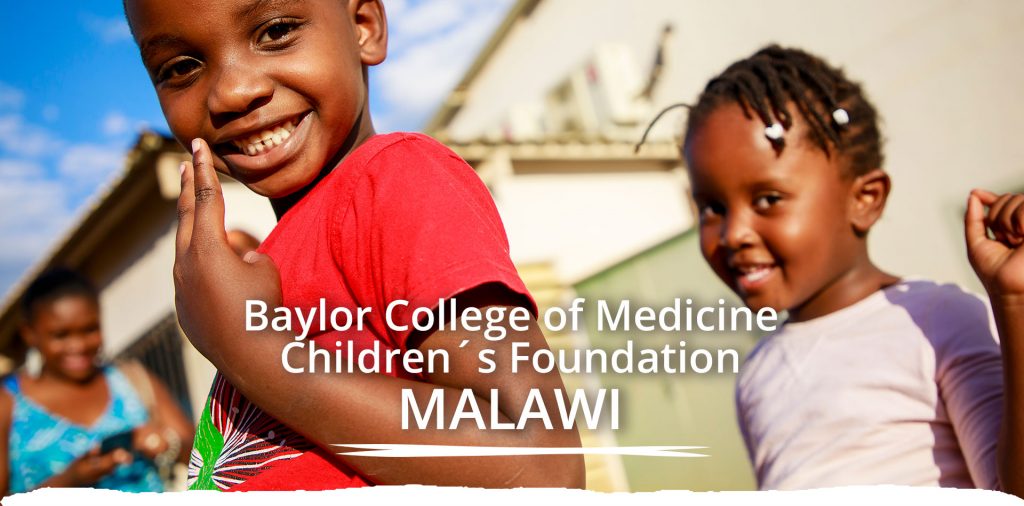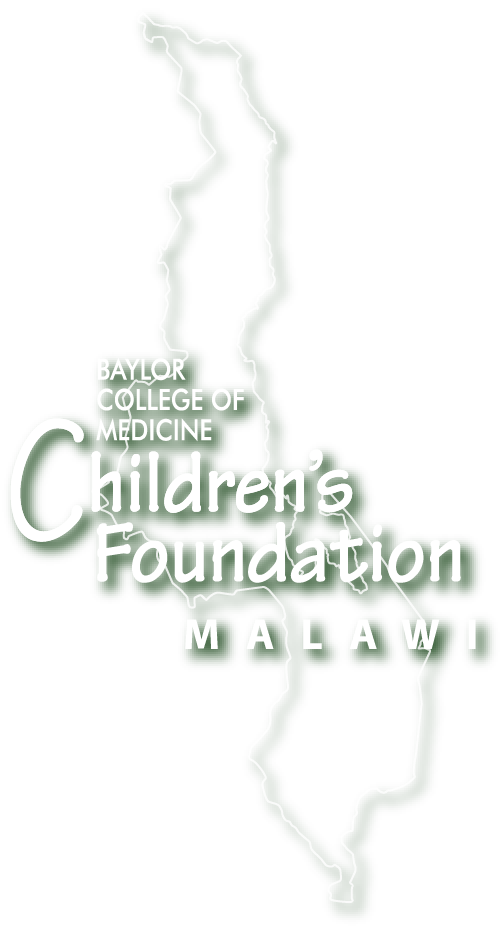
Baylor College of Medicine Children’s Foundation-Malawi (BCMCF-M), with it’ headquarters located in Lilongwe, Central Malawi, implements programs in different parts (districts) of the country. One of the greatest achievements for the Foundation was its ability to continue providing services to its clients in the midst of COVID 19, a pandemic which has never had devastating effects like any other in generations.

The Baylor Foundation Malawi COE clinic continues to be the largest pediatric center for HIV management in Malawi. In the period July 2020 to June 2021, the COE provided care to 24,855 clients and 2,716 clients are currently on ART. The average HIV new cases per month were 11 and an average of 82 clients were treated per day. During the period, Ministry of Health Department of HIV/AIDS rolled out DTG, an ART belonging to the class of integrase inhibitors that is more effective and easier to take with fewer side effects compared to other ART regimens. The COE therefore transitioned 2,060 (75.9%) clients to a DTG regimen, which is likely to improve adherence to medication and consequently increase viral load suppression among our clients.
The Teen Club at the COE continues to serve as a mentorship site for all newly established Teen Clubs in Malawi. Monthly gatherings were held at the COE where teens were grouped into three clusters: Younger adolescents (10-13 years), middle adolescents (14-15 years) and older adolescents (16-19 years). Each group attended Teen Club on a two Saturdays monthly. The three age groups allow us to maintain reasonable mentor to adolescent ratios and differentiated care.
The success of Teen Club activities has contributed to Ministry of Health initiatives to reduce sexual and gender-based violence, improve uptake of contraceptives and improve screening for cervical cancer among adolescents, while encouraging those already pregnant to access post-partum contraceptives, and also reduce new infections and reinfection among ALHIV by supporting adherence to medication to achieve viral load suppression.

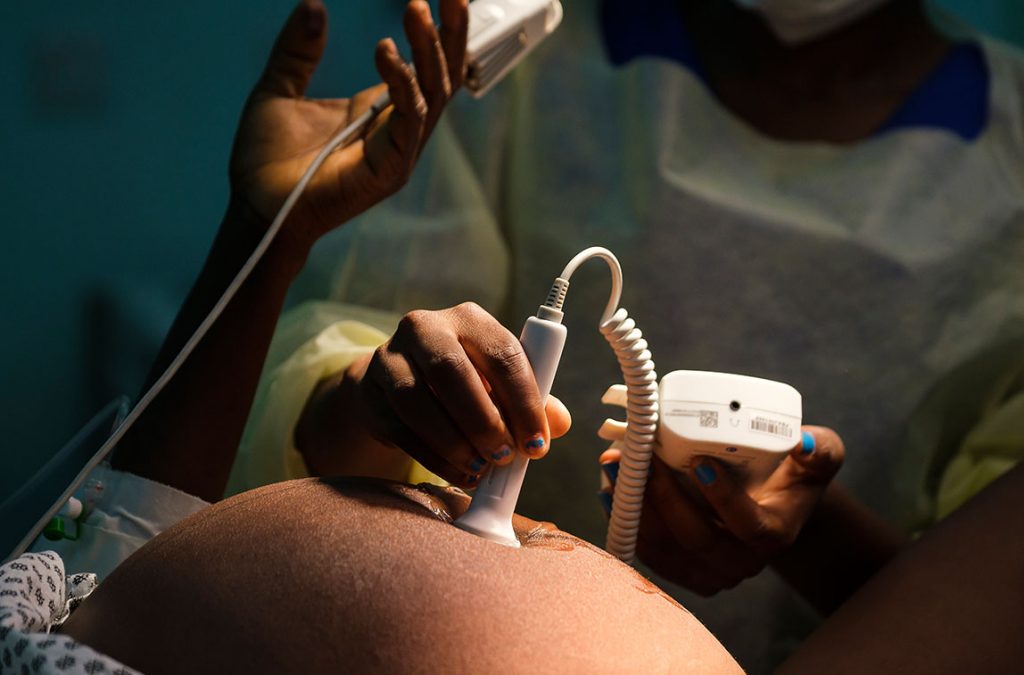
The program began with providing care and capacity building at KCH and grew to include the ongoing supervision of University of Malawi College of Medicine Obstetrics and Gynecology Residents. The program then grew to include provision of obstetric fistula repair services at the Fistula Care Center at Bwaila Hospital in partnership with Freedom from Fistula Foundation. In 2016, the program expanded services to Area 25 District Health Center and grew the services and physical campus to accommodate a rapidly expanding delivery volume and highly-skilled obstetric surgical services. In addition, the program supports a Maternity Waiting Home, ongoing Midwife training and an integrated permaculture and nutrition education program. These efforts have all contributed to a significant reduction in maternal and infant mortality.
The Texas Children’s Global HOPE (Hematology Oncology Pediatric Excellence) program is a multidimensional initiative to improve paediatric care for cancer and blood disorders in Botswana, Malawi and Uganda. Global HOPE continues to make great progress in clinical care, education and research. In Malawi, the team provides inpatient and outpatient care for children with cancers and blood disorders at the Malawi National Cancer Center at KCH.
Since Global HOPE began working in Malawi in 2016, more than 1,500 children have been diagnosed with childhood cancer and blood disorders. Over 2,000 health care workers in Malawi have been trained on the recognition of childhood cancers and blood disorders.
In the reporting period,300 children were diagnosed with cancer and hematological diseases and over 100 new patients received support through our robust palliative care program, including 40 provider home visits to patients and their families. Treatment of these children with chemotherapy and supportive care drugs was made possible through partnerships with Direct Relief International, TEVA Pharmaceuticals, Texas Children’s Hospital and local, in-kind support.
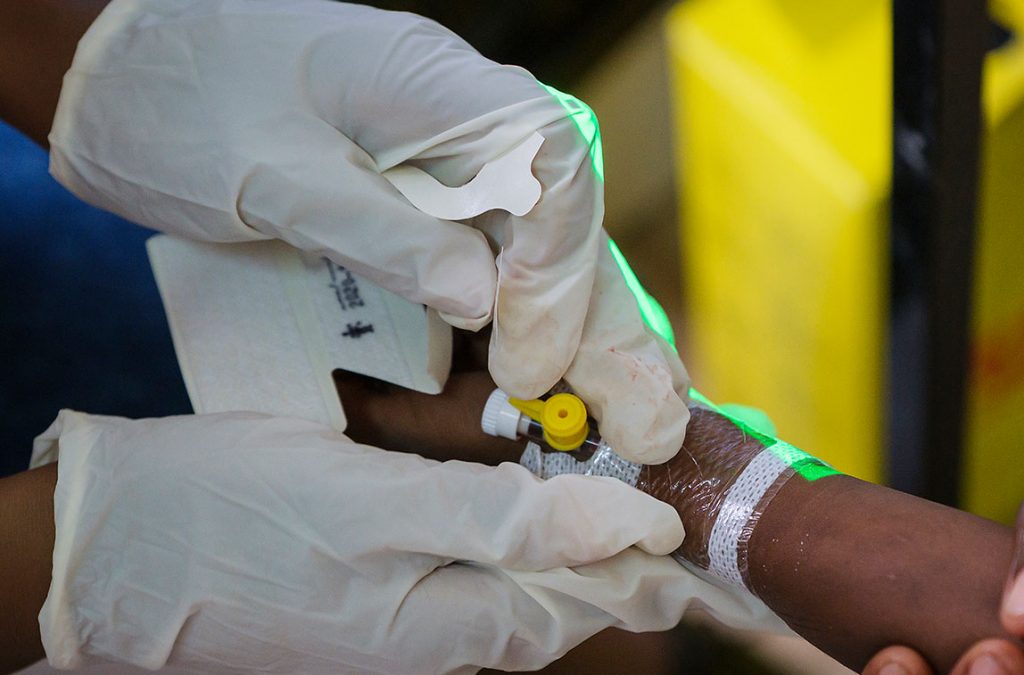
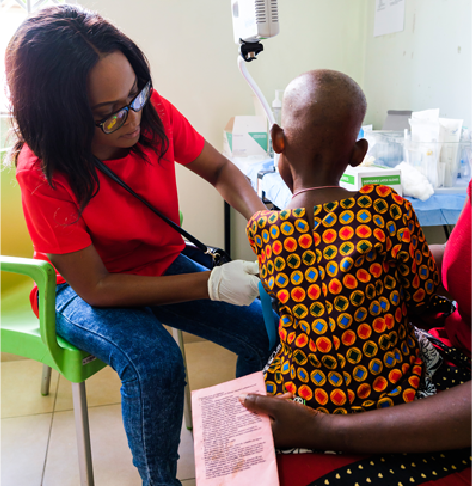
TSP-Tingathe provided a comprehensive chronic care and treatment package to people living with HIV (PLHIV). The package featured comprehensive HIV services across the 95-95-95 cascade including HIV diagnosis and linkage to life-saving ART; screening, diagnosis and treatment of advanced HIV disease including TB and other comorbidities; automatic enrollment of new and returning- to-care clients in the newly launched Takulandirani-Welcome Care; client-centered adherence support and ART optimization to promote viral suppression; access to critical prevention services including cervical cancer screening and early treatment/referral, screening for, and management of gender- based violence.
The TSP-Tingathe care model catered and adapted flexibly to the needs of men (adjusted clinic hours, male-only clinics, ART refills at workplaces; robust index and self-testing services), young people (strong linkages with partners, Teen Clubs, sexual and reproductive health services), and women and children (early infant diagnosis, mother-infant pairing, paediatric regimen optimization and support groups).
Tingathe, which means “together we can” in Chichewa, is a Technical Assistance for PEPFAR (TSP) program that supports the Ministry of Health to accelerate progress toward achievement of the “95-95- 95” targets established by the United Nations for HIV epidemic control in Malawi through implementation of cost-effective and innovative interventions to increase HIV case finding, linkage to treatment for HIV, management of associated conditions including tuberculosis, and viral load suppression among people living with HIV (PLHIV).
The program is implemented under a bilateral cooperative agreement with Baylor Foundation Malawi designed to:
1. Increase uptake of optimized HIV case finding strategies, 2.Improve treatment coverage and retention services,
3. Improve and optimize HIV care and treatment services, 4. Increase viral suppression for PLHIV,
5. Increase uptake of prevention services for targeted populations, and 6. Health systems strengthening (HSS) for the HIV response.
